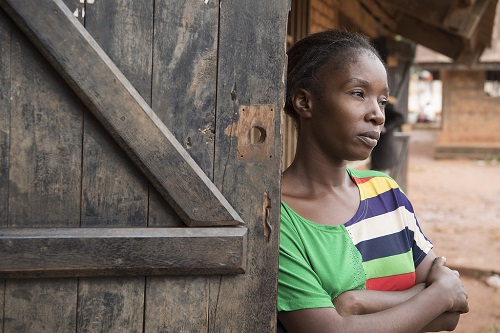Women in Nigeria sexually assaulted or killed every 10 minutes
A recent report by the Salama Sexual Assault Referral Centre (SARC) has revealed that a woman in Nigeria is sexually violated or killed every 10 minutes.
The study highlighted findings from the centre, showing that between 2019 and 2025, around 4,426 women, girls, and children across eight council areas in Kaduna State experienced some form of gender-based violence (GBV).
Grace Abim, the SARC Centre’s Manager for Kafanchan Zone, shared these statistics during a capacity-building session organized by Global Rights Nigeria in Abuja. She noted that in 2019, only two cases of GBV were recorded. However, with heightened awareness, the number of incidents has surged to 4,426 as of January this year, with 3,600 of those being predominantly women.
READ ALSO: Doctor indicted for rape, faces civil lawsuit from 180 victims
Abim emphasized that Nigeria still has a long way to go in addressing GBV. She observed that while people are starting to speak up, especially in states with Sexual and Gender-Based Violence Centres, there are still many who suffer in silence, unable to report their abuse due to a lack of proper channels.
She also highlighted the slow pace of justice for victims, pointing to several barriers to justice, including social, religious, and cultural challenges. Abim stressed the importance of holding offenders accountable according to the law.
“GBV doesn’t discriminate by age, culture, religion, or profession—anyone can be a victim. However, the majority of the cases we’ve recorded involve women and children,” she said.
Abim pointed out that funding is crucial to tackling GBV. While the Kaduna State government has provided resources for the centre, the rising number of cases requires increased financial support from individuals and organizations.
Noya Sedi, the Programme Officer for Women and Gender at Global Rights, spoke about the workshop’s objectives. She explained that the goal was to strengthen community referral pathways for addressing sexual and gender-based violence (SGBV) in the Northwest. The workshop also emphasized the critical role of Sexual Assault Referral Centres (SARCs) in handling SGBV cases effectively.
Sedi outlined their aim to bridge the gap between informal community responses and formal support systems, integrating community dialogue committees with established structures to improve referral pathways and response mechanisms to GBV.
The training stressed the importance of community involvement, recognizing that local members often serve as the first point of contact for survivors. The initiative called for ongoing community-driven dialogue to enhance safety and awareness for all.
Follow the Neptune Prime channel on WhatsApp:
Do you have breaking news, interview request, opinion, suggestion, or want your event covered? Email us at neptuneprime2233@gmail.com






